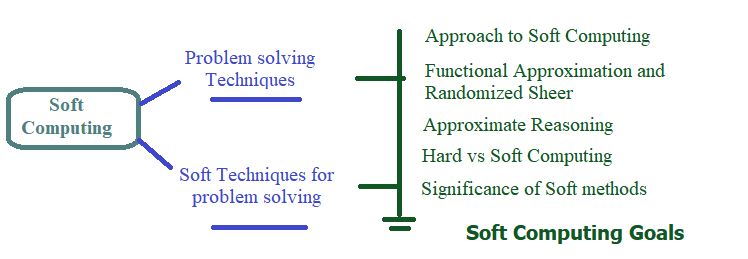Soft Computing: Goals, importance and various problem-solving techniques

Keywords:
Soft Computing, Fuzzy Logic, Genetic Algorithm, Machine Learning, Artificial IntelligenceAbstract
The purpose, importance, approach, qualities, and requirement of soft computing are all discussed in this study. Apart from that, the paper describes the work of numerous writers in soft computing and various problem-solving techniques such as genetic algorithms, fuzzy logic, and machine learning. The paper also discusses the differences between hard and soft computing. Furthermore, the study discusses various problem-solving techniques' benefits, limitations, and drawbacks. In soft computing, on the other hand, approximation models are utilized instead of traditional computation to handle complicated real-world problems. Soft computing can also be fraught with uncertainty and ambiguity. Soft computing is a form of computing that includes fuzzy logic, genetic algorithms, artificial neural networks, machine learning, and expert systems. It has become a significant part of the work in automatic control. Soft computing technologies are now widely employed in various residential, corporate, and industrial applications and have proven effective. Soft computing approaches and applications will become more prevalent as low-cost, high-performance digital processors and cheap memory chips become increasingly popular.
URN:NBN:sciencein.jist.2023.v11.522
Downloads
Downloads
Published
Issue
Section
URN
License
Copyright (c) 2022 Reeya Agrawal, Oshin Sharma, Nojood O Aljehane, Romany F. Mansour

This work is licensed under a Creative Commons Attribution-NonCommercial-NoDerivatives 4.0 International License.
Rights and Permission



